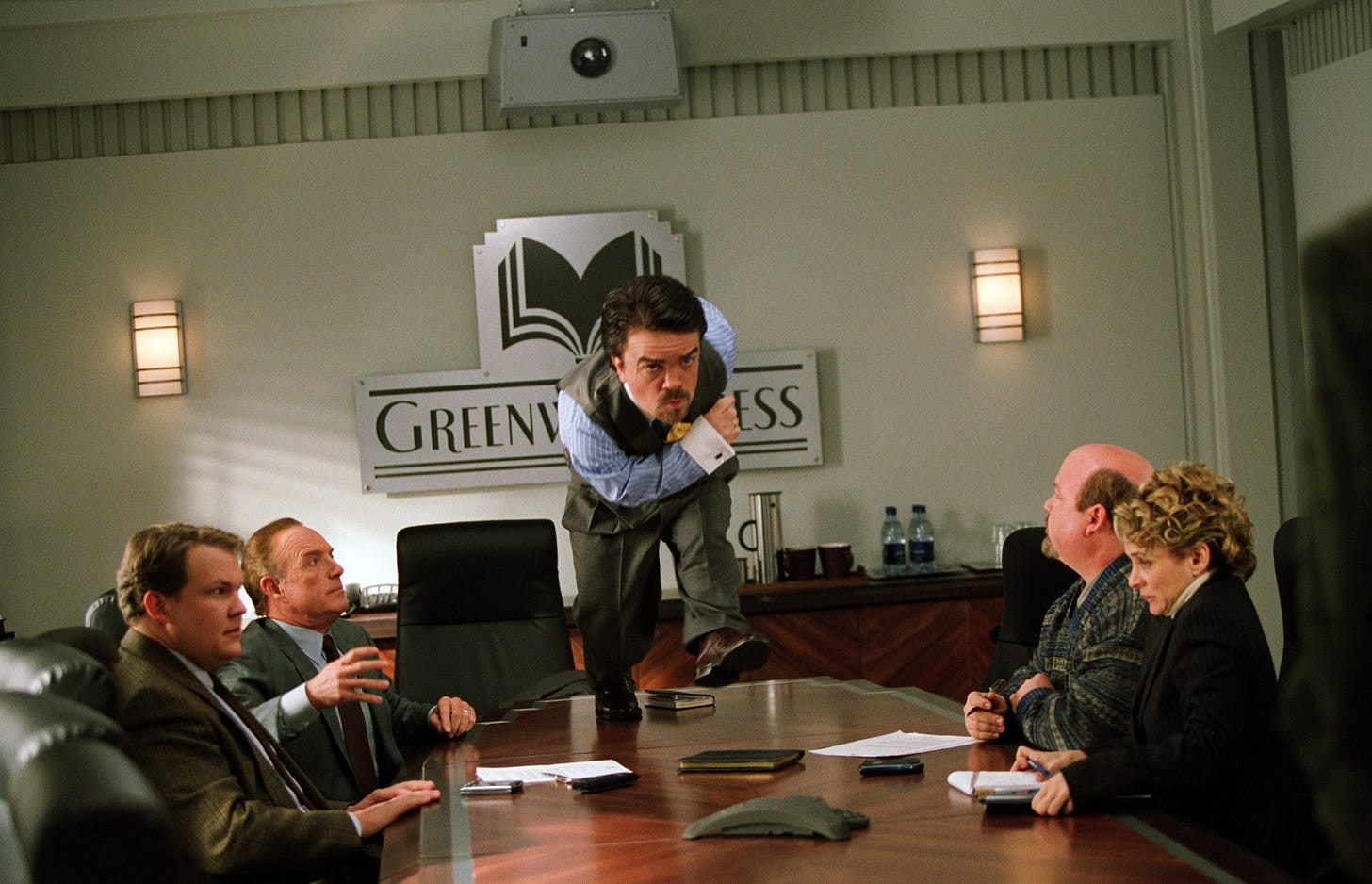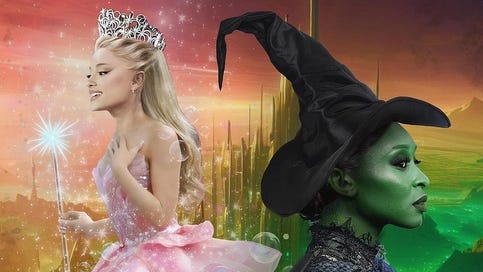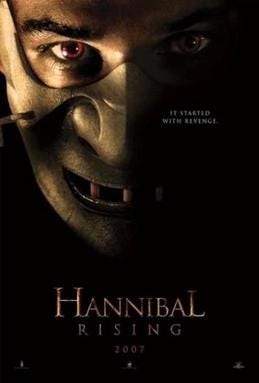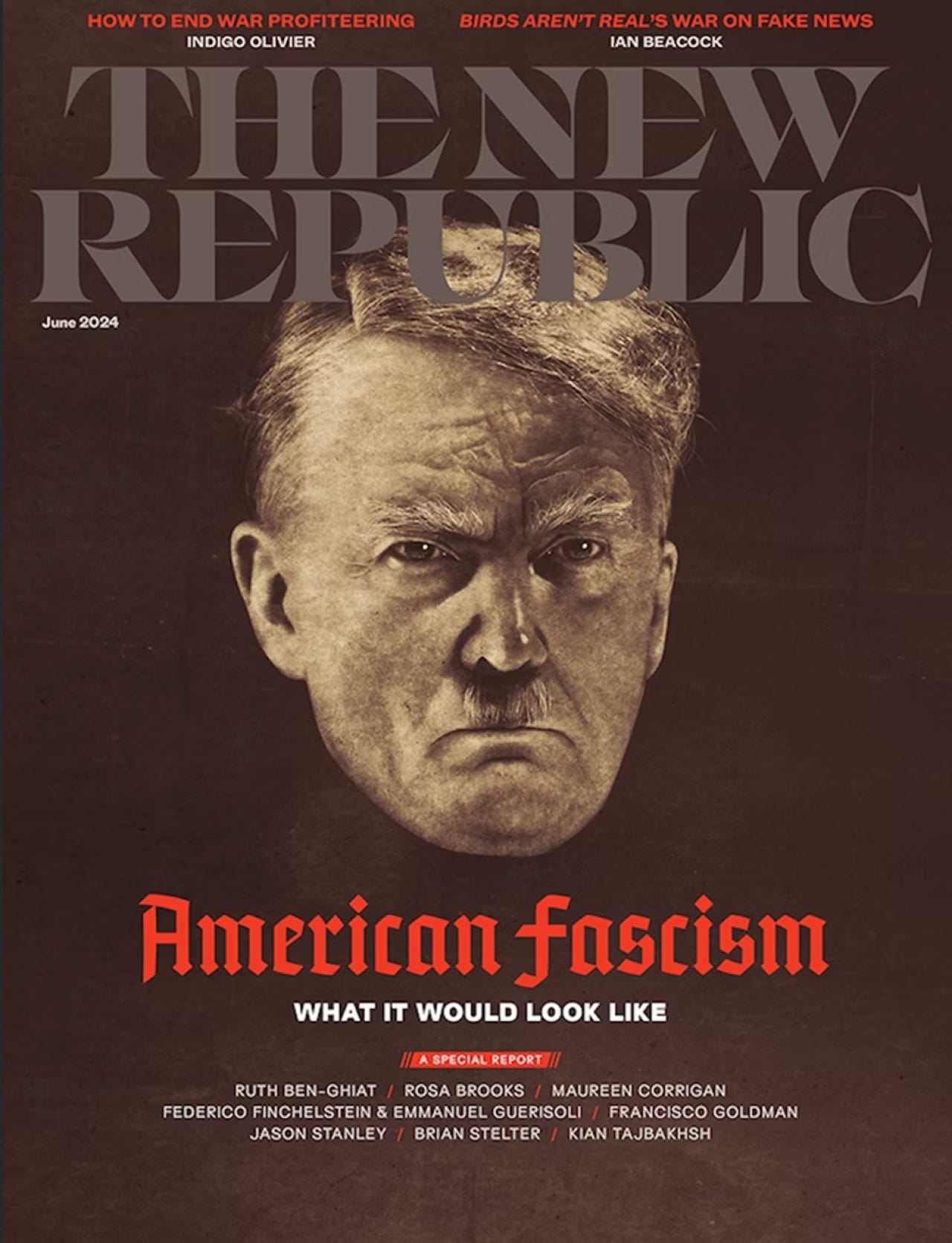Is Elphaba MAGA? A "Wicked" Review
Wicked opened in theaters this weekend. It's brilliant, and I see political parallels. Sorry, I can't help it. Potential spoiler alert.
My wife and I saw the Broadway play Wicked for the first time in Philadelphia in 2017, after a successful run in New York that began in 2003. It was all the rage when we lived there, and Philly is often one of the first venues where a Broadway show goes on tour. Philadelphia has a marvelous Arts district, and the show was terrific.
For those of you living under a cultural rock (where I often abide since I’d barely heard of Arianna Grande until this week), Wicked: The Life and Times of the Wicket Witch of the West is a “prequel” to the late L. Frank Baum’s 1939 classic, Wizard of Oz. It delves into how the Wicked Witch of the West came to be, well, wicked, loosely based on a more recent novel by Gregory Maguire. Maguire has penned five novels in the Wicked series, so expect more adaptations.
Let me get this out of the way. To be sure, the movie is full of political correctness. The woke Comcast’s Universal Studios produced it. They were careful to ensure an appropriate mix of racial groups, going heavy on African Americans and making sure the “bad people” were all white (including Malaysian actress Michelle Yeoh, who plays Madame Morrible, the headmistress of Shiz University’s Crage Hall in Oz). There are the obligatory LGBT references. They portrayed the protagonist’s (at least in this movie) sister as handicapped and featured a lovely scene where her Munchkin date “dances” with her in her wheelchair. It’s a beautiful scene.
And the Munchkins bear little resemblance to the entourage of dwarfs recruited in the original 1939 movie to populate the Munchkins. Noteworthy: the voice of Dr. Dillsworth, a talking goat and professor at Shiz University at Oz who plays an essential role in the film, was provided by Peter Dinklage, an actual dwarf. Dinklage identifies himself as such, so relax.

Our two main characters were also prominent in the 1939 movie: Galinda (later Glinda), the eventual “Good Witch of the North," played by Arianna Grande, and Elphaba, the emerald-skinned Elphaba, the future Wicked Witch of the West, wonderfully portrayed by Cynthia Erivo. Both were terrific in their roles and demonstrated remarkable musical and acting talents. The music was faithful to the stage play, and the dazzling choreography should earn an Academy Award.
This is Part I. Part 2 will be released next Thanksgiving.
The movie starts with the surprising birth of Elphaba (a name based on L. Frank Baum’s initials), the apparent product of an affair involving her mother. Her father immediately rejects her over her unusual green appearance, and Elphaba is raised by talking animals, a part of Oz's culture, often in “working class” roles. Elphaba thus has an affinity for the kindly animals and is quickly drawn to Dr. Dillsworth, the talking goat. This professor is unceremoniously replaced by a movement to rid Oz of talking animals. It’s an effort to eliminate the “old ways” and build toward a utopian paradise, precisely what Oz is: a benevolent monarchy. Aside from the Great and Powerful Wizard, Oz has a mayor, so there’s that.
Meanwhile, Elphaba is scorned and mocked by her fellow Shiz students, other than her roommate, Galinda, who is quite popular but eventually befriends her.
Elphaba’s apparent talents in wizardry catch the eye of Madame Morrible, who wants her prize pupil to meet the Wizard. She’s being groomed for something big, which forces Elphaba to make a painful choice, leading to our climactic scene.
We’ve spoiled enough.
Having a warped political mind, I noted a few parallels between the movie, the characters, the plotline, and our current political situation. Elphaba is scorned not only by her family but also by the upper class. The ruling elite tries to ingratiate her into their utopian plans, but she rejects it, and they scorn her and brush her off as evil and deplorable. She uses the power within her to rebel against the ruling elite, “defying gravity” for the “ultimate freedom.”
That seems familiar to me.
The parallels could be unfair, as the plot and movie are not overtly political. Despite their demonstrations of wokeness and political correctness, one cannot help but sympathize with the future Wicked Witch of the West.
That is a trend, with many prequels to famous movies delineating between good and evil. The next prequel that muddies the lines will be Mustafa, in a lead-up to The Lion King, that well-known and delightful animated Disney movie from almost 30 years ago. In the original, Mustafa, the “Good” Lion King, is killed by his angry brother, Scar. The forthcoming prequel will reportedly explore the relationship between the brothers in a way that generates sympathy for Scar. Whether he morphs into a protagonist remains to be seen.
This might make for interesting storylines, but does it undermind many of the classics we grew up with? What’s next, a prequel about the childhood of Hannibal Lecter, the murderous cannibal played brilliantly by Anthony Hopkins in “The Silence of the Lambs?” Oh, wait. That’s been done in “Hannibal Rising,” released in 2007, where he, too, becomes the protagonist who hunts down Nazis that killed his family. Fortunately, no one seems lately to have tried a sympathetic sequel about Adolf Hitler’s formative years. Still, plenty of propaganda films can be found, including a 2015 comedy about Hitler’s “resurrection” and how his ultra-nationalist appeal still has power.
I know some might call that the 2024 election. LOL.
Meanwhile, enjoy Wicked for the remarkable special effects, vocals, and choreography. If you liked the stage play, you’ll love the movie. I’ll probably see it again in 3-D. Five stars.







We saw the play last year in New York. It was delightful. I hope the movie does it justice.
Interesting review